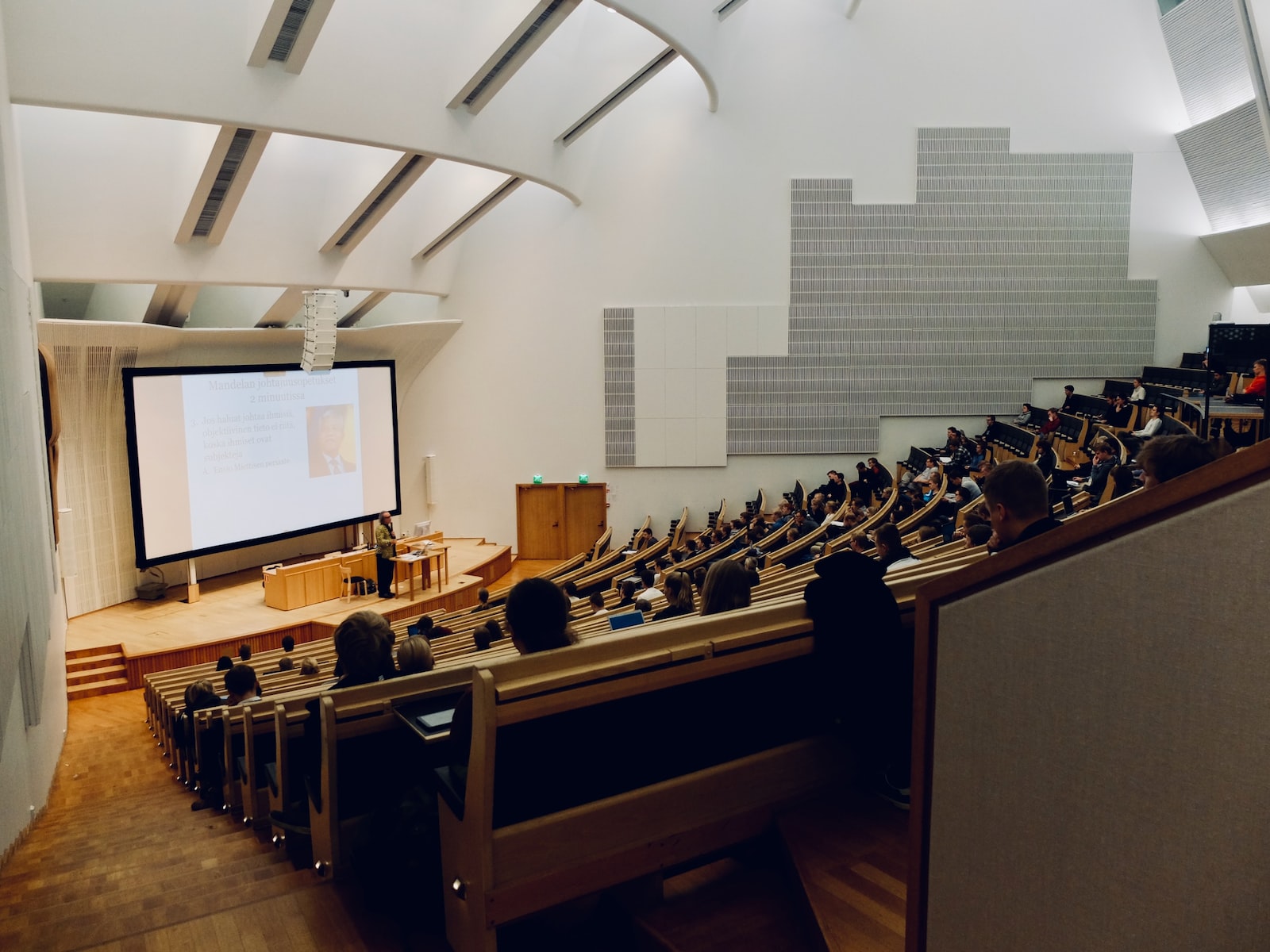Purposes of university education
There are several purposes for university education, and they vary from context to context. These include: promoting learning, ensuring academic quality and fostering innovation. Ultimately, the goal is to improve the educational experience of students. These goals are addressed through the university’s academic portfolio and University Education Committee.
University education develops students’ skills and enables them to apply their knowledge in the community. The end result is a more intelligent and productive member of society. The development of critical thinking and the capacity to articulate ideas enhance labor relations and market outcomes. These benefits can increase the standard of living for individuals and society.
Characteristics of a liberal arts education
Students who pursue a liberal arts degree are well prepared for a variety of career paths. Their broad education provides a broad foundation in a variety of disciplines, including the fine arts, humanities, and business. A liberal arts degree is particularly advantageous for students who want to pursue careers in the tech sector, because students who complete a liberal arts degree are well-equipped to tackle the challenges of this industry.
Another benefit of liberal arts colleges is that their size is smaller than most universities, making them ideal for forming personal relationships with professors and peers. This makes students feel comfortable and able to ask questions. Additionally, small class sizes at liberal arts colleges foster mentoring relationships. These relationships are invaluable both before and after graduation, as they can lead to stronger letters of recommendation from professors. That can increase a student’s chances of getting into graduate schools.
Comparison with pre-professional education
University and pre-professional education have similar goals, although they are very different in some ways. Both aim to equip students with analytical skills and challenge them to work collaboratively and independently. They also deliver specific syllabi with broad objectives. Pre-professional education can either supplement liberal education or be used as a substitute. Historically, the liberal arts program has provided general pre-professional training. Today, research universities are also increasingly offering such programs.
In almost every state, pre-professional undergraduate studies must be completed at an accredited institution. Although a bachelor’s degree is usually enough to earn initial certification, most states also offer higher certification levels based on experience or additional education. In addition, many pre-professional teachers already have a master’s degree. For this reason, a continuing education program is required to remain certified.

